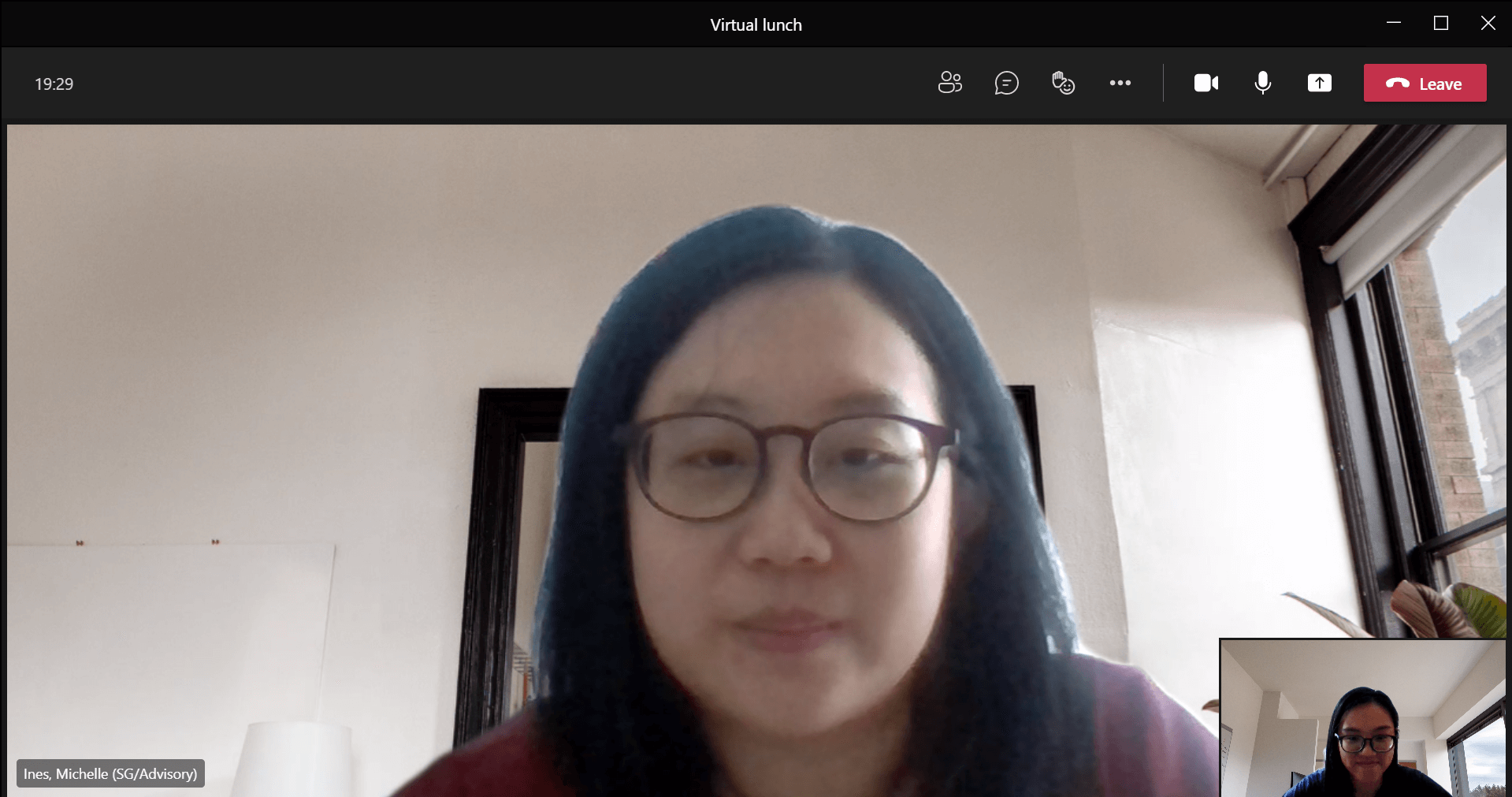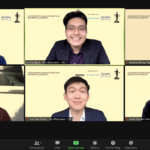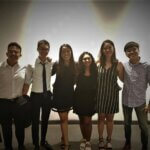By Tan Si Jin, SMU School of Accountancy
SMU Accountancy student Tan Si Jin was among the first students to sign up for the School of Accountancy’s inaugural Work-Study Elective Programme (WSE) – the SMU-KPMG Cyber Risk and Forensics Work-Study Elective Programme launched in August 2020. Si Jin concluded her internship in June 2021 and pens a reflection of her experience below.

An opportunity to apply cyber skills and accounting knowledge
With Financial Forensics as my second major, I have always been on the lookout for internships that will allow me to have first-hand experience applying cyber skills and accounting knowledge together. The SMU-KPMG WSE immediately caught my attention as it fit the bill, and the mandatory courses overlapped with my second major. Moreover, with KPMG as a globally recognised firm, I believed that this WSE would maximise my exposure to best industry practices.
The extended period of the internship was also an attractive point of the WSE as I thought the prolonged duration could help me decide if this is a field that I can see myself working in in the future. Besides acquiring related technical skills from the internship, I also looked forward to gaining insights into different industries and interacting with clients.
About my internship with KPMG
A Performance Manager helped me set up my goals and provided general guidance throughout my internship. She also taught me the basics of IT Audit, which helped me greatly for the upcoming client engagements. As a Digital Trust intern, I participated in multiple projects, and there was the opportunity to work with different people. Most of the time, I worked closely with the senior-in-charge who would assign tasks to me.
Each engagement typically lasted for 1-2 months, and as an intern, I was allocated at most two engagements concurrently. Across the six months, I had the chance to work with clients from both the public and private sectors. It was also a common occurrence to be pulled in to perform ad-hoc tasks.
Despite interning during the peak period, the workload was overall manageable. During the exam period, the seniors were also understanding and assigned fewer tasks.
Working from home was the default mode most of the time due to Covid-19, and it was a little daunting at the start to work with total strangers without any face-to-face interaction. While most of my tasks required me to be independent in my work, we had weekly team meetings to provide updates on our progress and discuss outstanding issues. Each team member that I had worked with was patient in answering my questions and more than willing to impart their knowledge. I was also fortunate to work with the same seniors for a couple of engagements. There was a sense of familiarity, and we even managed to catch up over lunch when the restrictions were relaxed momentarily.

The seniors I worked with made working remotely manageable.
Balancing work and study
I had previously interned at a small local company as an accounting intern, and the work scope there varied significantly. At KPMG, the work of IT Audit is more fast-paced and requires meeting different team members and clients. The diverse range of IT topics also means that learning is continuous, and there is always room for self-development.
Consequently, one of the challenges was having to manage the internship and two modules concurrently. Working four days meant that I had to spend my weekends preparing and revising my studies, though it is still possible to have personal time with good time management. Furthermore, knowing that there was a final report to submit at the end of the internship, I was more motivated to reflect upon my learning and experience. In addition, I felt assured knowing that I could approach the faculty advisor for any difficulty faced during the internship.
A final word

My biggest takeaways from the programme will be time management and client management skills
My biggest takeaways from the WSE will be the time and client management skills acquired; these cannot be picked up from classroom learning alone. I also treasure the connections I made with my seniors, whose advice was invaluable.
In addition, I would encourage my juniors to sign up for WSEs, as they provide a good platform for students to experience a more extended internship period without worrying about delaying their studies. Nevertheless, for those interested in the WSEs, I would advise that you plan your modules ahead of time and be clear about your learning objectives to make the most of the experience.
Before my internship, I anticipated a steep learning curve with my limited knowledge in IT and the challenge of balancing work and studies. Despite the challenges, I was fortunate to have met experienced seniors who encouraged me to ask more questions and become more confident in my work. Ultimately, I achieved my learning goals, and I am glad to have signed up for the WSE.
Watch Accountancy students Lim Boon Wen and Valliappan Arunachalam share their experience being the pioneer group of students to undergo the SMU-KPMG Cyber Risk and Forensics Work-Study Elective programme:
Undergraduate admissions close on 19 March 2022! Click here to apply for the SMU Bachelor of Accountancy programme.
Click here to find out more about the Work-Study Elective Programmes offered at SMU School of Accountancy.











